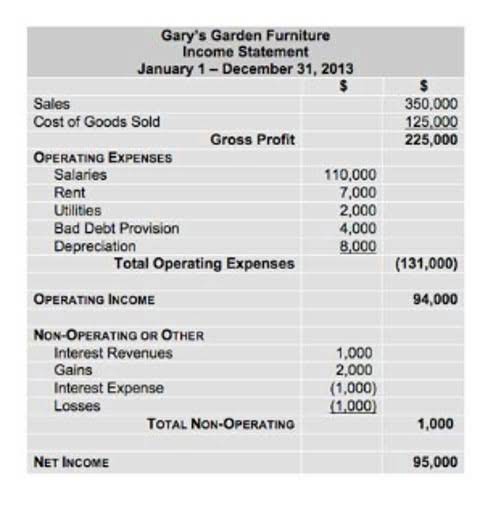
The magic happens when our intuitive software and real, human support come together. Book a demo today to see what running your business is like with Bench. These tasks form the solid foundation of your small business accounting/bookkeeping system. You can customize the package of services you receive by adding payroll, tax planning, tax preparation, or any of our other services. Maintain accurate and consistent books for assigned customers, including recording payments, expenses, and adjustments weekly and performing monthly bank, credit card, and Balance https://www.bookstime.com/ Sheet reconciliations. Provide higher-level accounting guidance to the Xendoo Accounting team.

Making Accounting Easy for People and Businesses

We also support clients that use other merchant processors. We’ll work with you to connect accounts bookkeeping services fort lauderdale and pull the financial data we need to reconcile your books. Shortly after you sign up, we’ll give you a call to learn more about your business and bookkeeping needs. On this call, we’ll connect your accounts to Bench, and gather any extra documentation we need to complete your books.

Xendoo it.
- More than just a bookkeeping service, Bench is a financial guide for small businesses in Fort Lauderdale.
- You deserve to have peace of mind knowing that your finances are in good hands.
- We offer upfront pricing and clear deadlines, which we strictly adhere to and protect your business from paying any penalities.
- So, as a business owner in Florida, if you need any kind of help with accounts, finance, and taxes, simply get in touch with us by giving us a call since we are just a single phone call away.
- Our flat monthly rate is what a traditional bookkeeper might charge per hour.
- As a business owner, you pour your heart and soul into your work.
Maintain certification in both Quickbooks Online and Xero. At Coss Bookkeeping & Accounting in Fort Lauderdale, Florida, our founder has been in accounting since high school. Trained in college in Texas as a CPA, he worked all over the country before coming to Florida to manage the coding and billing of a doctor’s office. In July 2005, he was recognized by the City of Manassas, Virginia, for services provided as a notary public. Afterwards, he founded our company to better help business and people in the Broward County area. We are fluent in English and Spanish and have clients ranging from individual entrepreneurs to small neighborhood bakeries and marine hardware installation companies.
Buy Annual, Get 1 Month Free.
So, as a business owner in Florida, if you need any kind of help with accounts, finance, and taxes, simply get in touch with us by giving us a gross vs net call since we are just a single phone call away. It’s incredibly rewarding to see the impact that good bookkeeping can have on a business. And I am especially excited to offer my services to businesses in Fort Lauderdale and surrounding areas.

We help your business grow.

Maintain certification in both Quickbooks Online and Xero software. No more mad dash to get organized for income tax day, or filing extensions when you fall behind. Plus, we’ll keep you in compliance with sales tax regulations in Fort Lauderdale and Florida. Ultimately, hiring a bookkeeper is a good investment for any business because it ensures that the business stays financially healthy and helps the owner make informed decisions that drive long-term success. Your bookkeeping team consists of 3 professionally trained bookkeepers, including one senior bookkeeper who reviews all of your monthly statements and your Year End Financial package.
- On this call, we’ll connect your accounts to Bench, and gather any extra documentation we need to complete your books.
- Our small business accounting/bookkeeping services each month or quarter will consist of the following things for you…
- Specializing in small business accounting, we integrate technology, accounting knowledge, and personal service to make sure your books are balanced and that you have up-to-date financial information.
- Book a demo today to see what running your business is like with Bench.
- Wave farewell to heaps of paperwork and labor-intensive manual tracking in Fort Lauderdale, Florida—we automate entries directly from linked accounts.
- A problem-solver at heart, the candidate quickly seeks assistance when needed and leverages technology to enhance efficiency and adaptability.
Every small business in Fort Lauderdale deserves to have a dedicated bookkeeping and accounting team. Our U.S.-based experts do your day-to-day bookkeeping, compliant tax filing, painless payroll processing, and more. All with a human touch and tech that integrates with your platforms seamlessly. Bench is proud to offer bookkeeping services to businesses across the United States.






